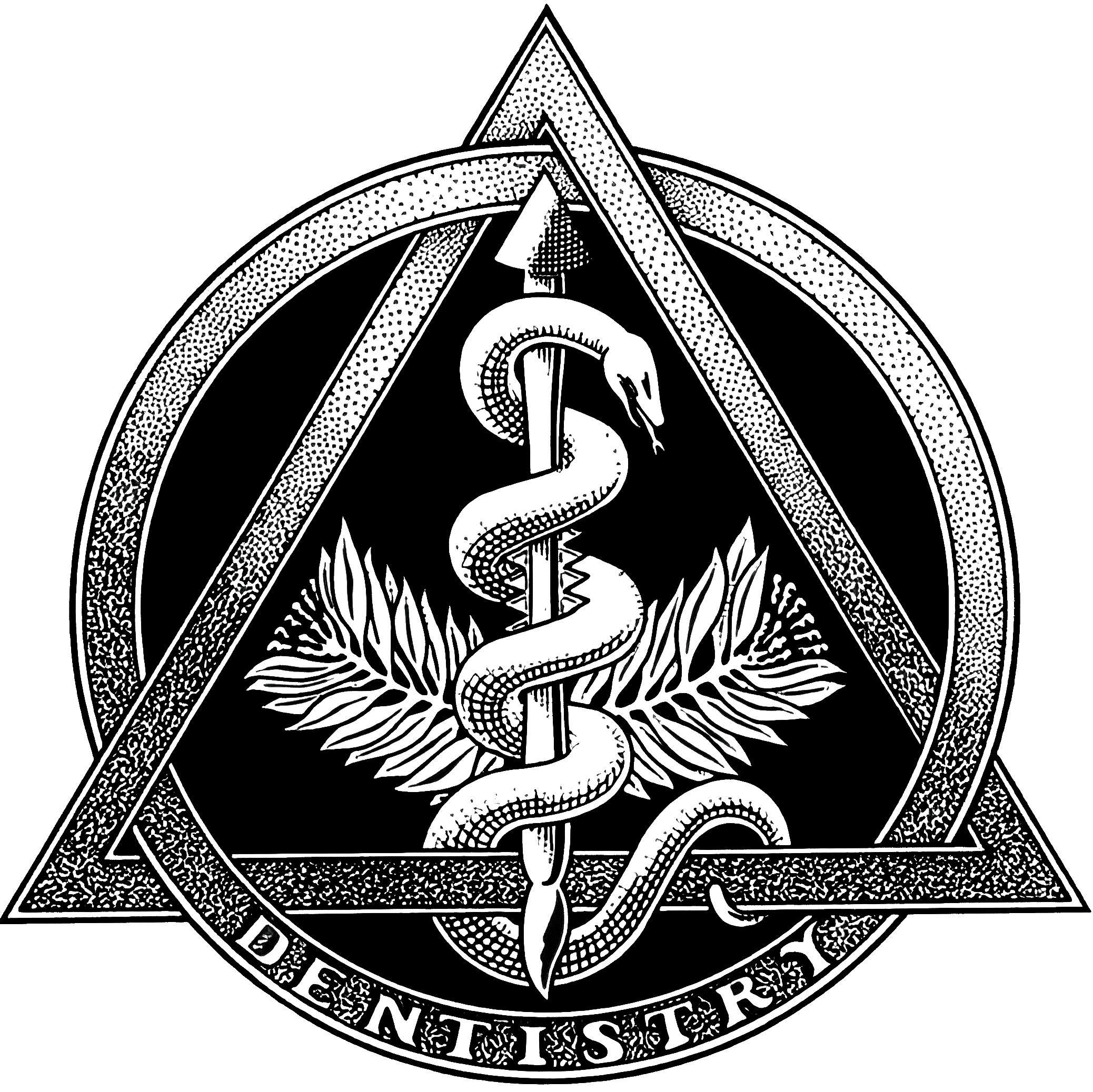Smile without fear and improve your quality of life with fixed prostheses
What are fixed dental prostheses?
Fixed dental prostheses replace missing teeth and adhere permanently to the patient’s mouth, being supported by adjacent teeth or dental implants. These prostheses are adjusted to the patient’s mouth after a process that involves slightly wearing down the natural teeth to ensure a precise fit.
Are you too lazy to deal with removable prostheses that move or are uncomfortable?
Fixed prostheses are the answer! They are perfect for those who want a flawless smile without worrying about constantly taking on and taking off dentures.
If you are one of those who wants to forget about problems such as chewing with difficulty or feeling insecure when smiling, fixed prostheses are your best ally. With them, you can enjoy greater comfort and confidence in your daily life.
Additionally, if you are looking for a solution that feels natural and allows you to eat whatever you want without restrictions, fixed dentures are the perfect choice for you!

Advantages of fixed dental prostheses
Fixed dentures offer numerous advantages, providing an advanced and comfortable solution for denture restoration .
Permanence
Fixed dentures are permanently placed in the patient’s mouth, ensuring greater stability and comfort compared to removable dentures.
Functionality
They allow for proper chewing function and can improve pronunciation, especially if missing teeth affect speech.
Esthetic
They offer a natural and aesthetic appearance, adapting to the shape and color of the patient’s natural teeth.
Naturalness
They are designed to look and feel like natural teeth, using materials that mimic the appearance of tooth enamel, making them aesthetically appealing.
Regular dental care
Keeping them in good condition requires regular dental hygiene, similar to caring for natural teeth.
Better support and stability
They provide superior support and stability, improving comfort and functionality when eating and speaking.

Fixed dental prosthesis or dental implant?
The choice between a fixed denture and a dental implant depends on several crucial factors. The patient’s oral health, available budget, desired durability, and personal preferences are key determinants in this decision process.
Fixed dentures are usually a cheaper and less invasive alternative , while dental implants offer a more permanent and aesthetically natural solution.
It is essential to consult a specialized dentist to evaluate and determine which of these options best suits the specific needs of each case. This decision not only impacts oral functionality and aesthetics, but also the patient’s long-term quality of life.
Care of a fixed dental prosthesis
Fixed dentures are a common and effective solution for restoring dental function and aesthetics. To keep them in optimal conditions, it is essential to follow certain specific care that guarantees their durability and good functioning over time.
Rigorous oral hygiene
Maintaining meticulous oral hygiene is crucial to prevent the buildup of plaque and bacteria around fixed dentures. It is recommended to brush your teeth and dentures after each meal, use dental floss and mouthwash to remove debris and prevent problems such as cavities and gum inflammation.
Regular visits to the dentist
It is essential to attend regular check-ups with the dentist to evaluate the condition of the fixed dental prostheses, perform professional cleanings and detect any problems in time. These visits allow us to maintain adequate monitoring of oral health and prevent future complications.
Avoid hard and sticky foods
To preserve the integrity of fixed dentures, it is important to avoid biting on very hard or sticky foods that could damage or dislodge them. Opting for a balanced and careful diet with the prosthesis will contribute to its durability and good long-term functioning.
Protection during sports activities
If you practice contact sports or activities that may involve the risk of blows to the mouth, it is advisable to use mouth guards to protect both the prostheses and natural teeth. This preventive measure helps prevent damage to fixed dentures and maintain overall oral health.
